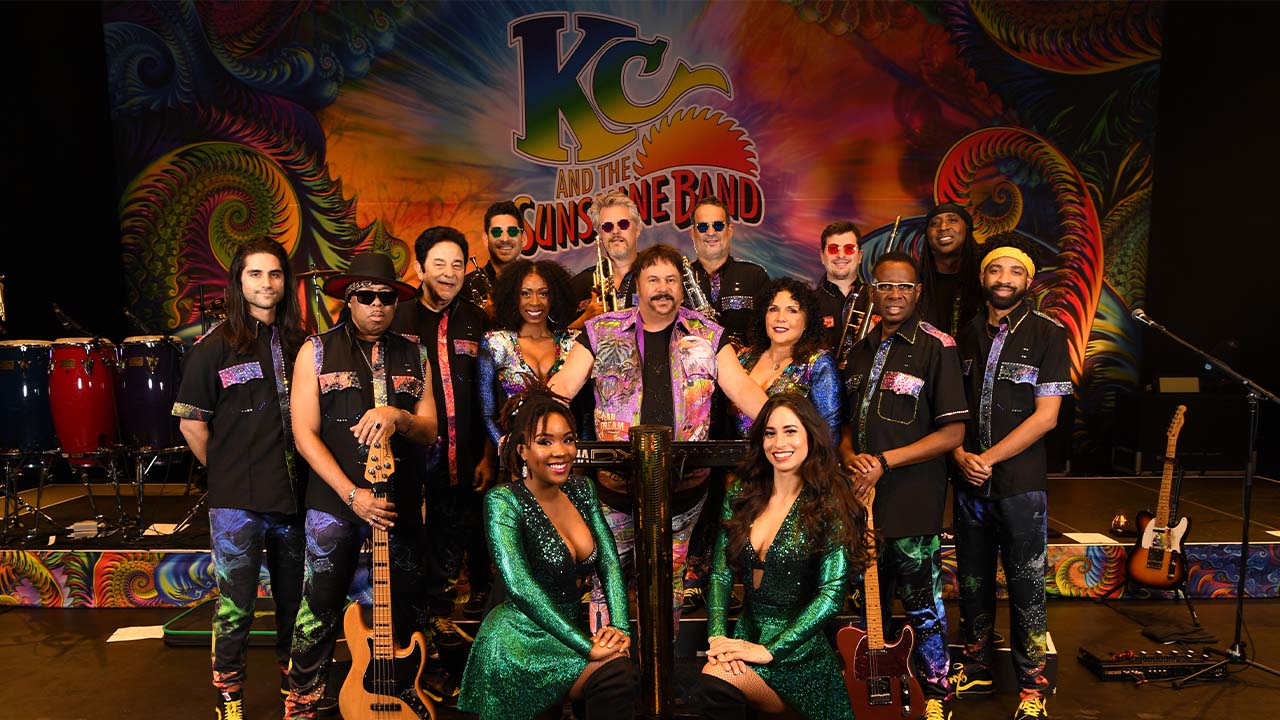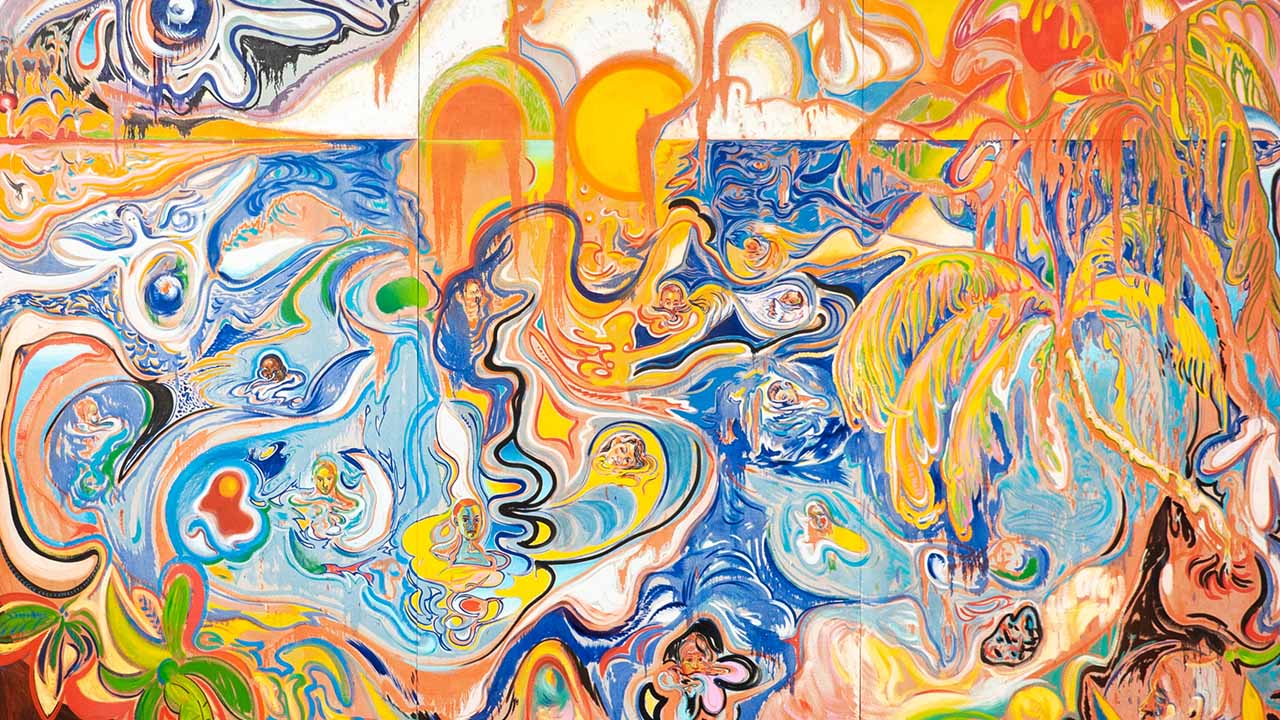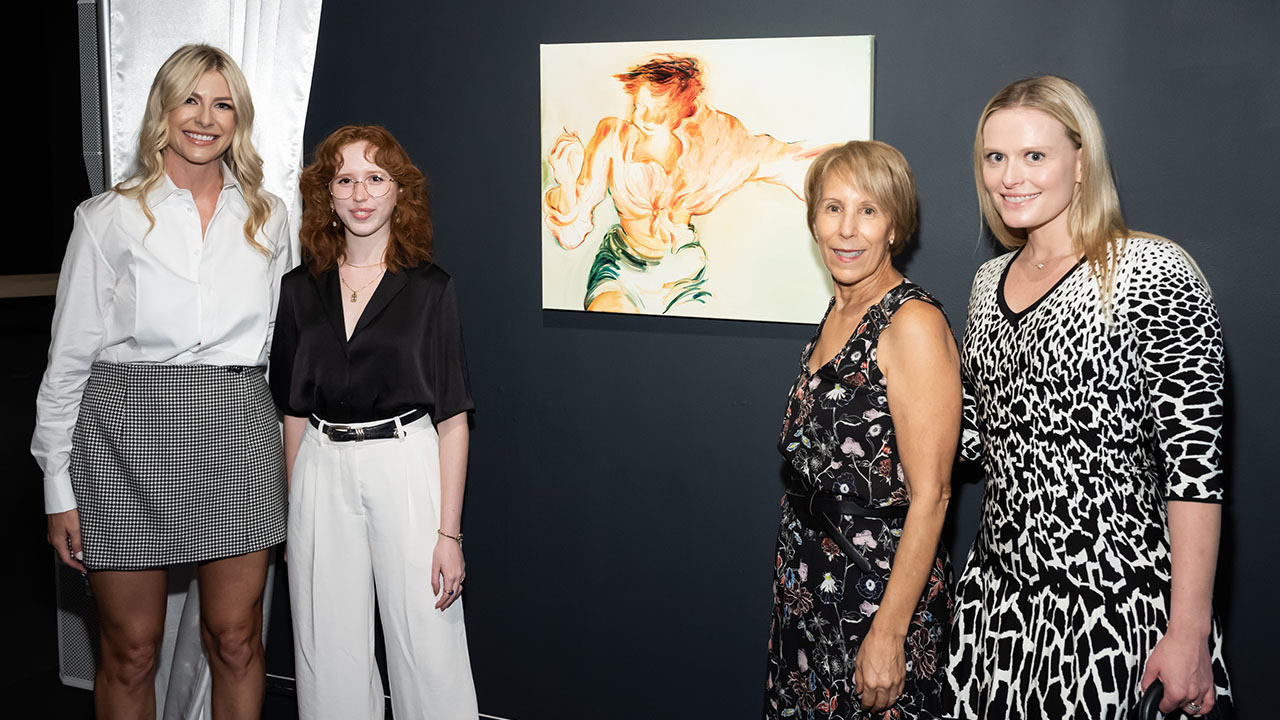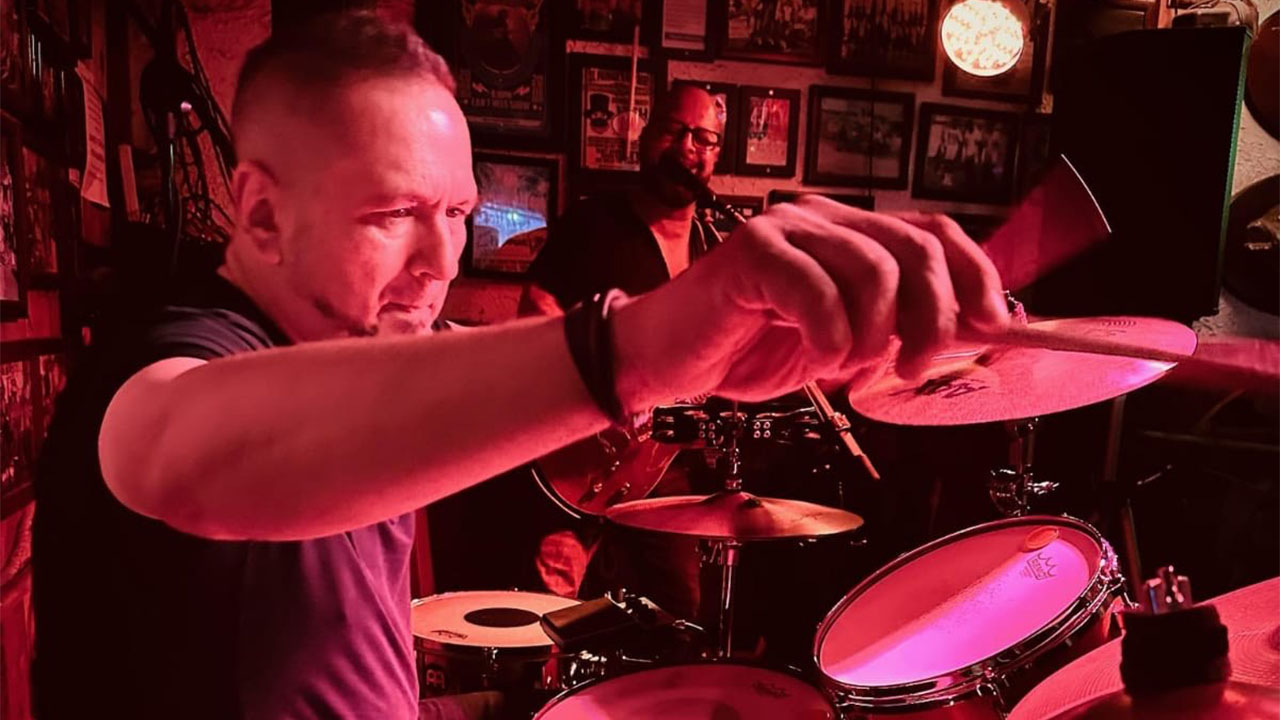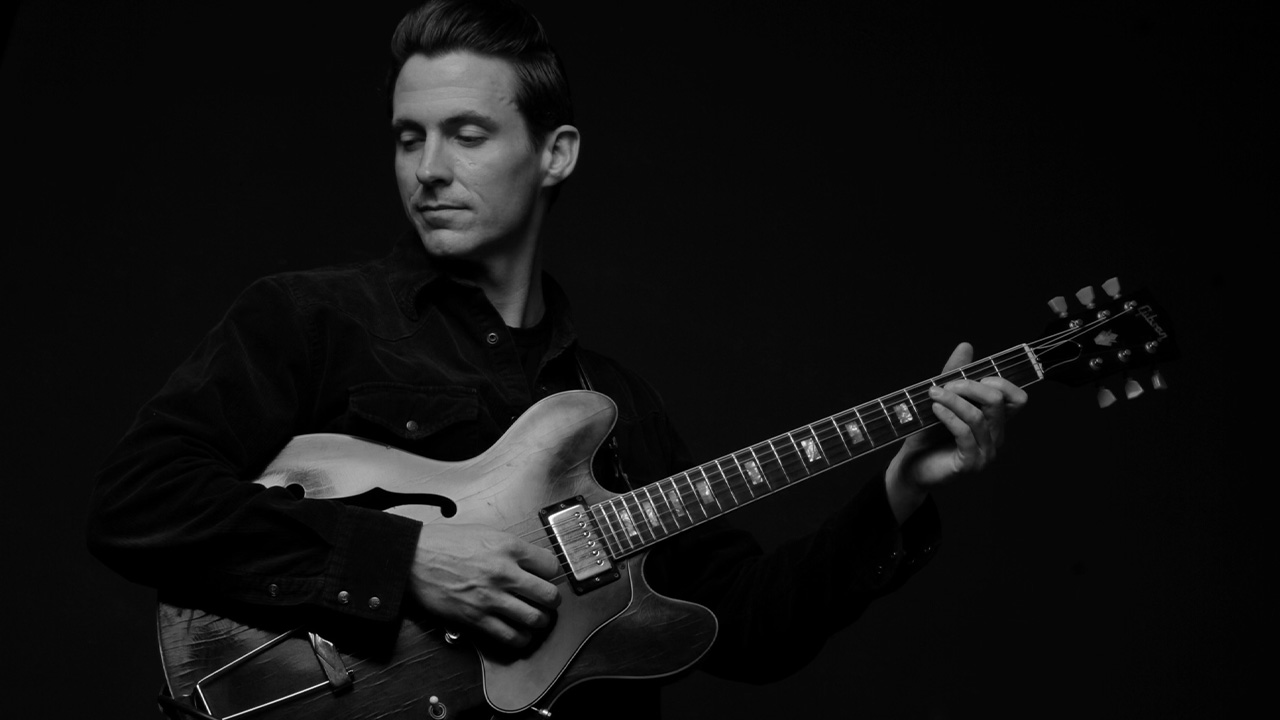On the eve of his Nov. 1 concert at Hard Rock Live in Hollywood—part of a fall tour during which he was backed by members of The Who, with the notable exception of guitarist Pete Townshend—Roger Daltrey admitted to being apprehensive.
“If you ever stop being anxious about [performing] and caring about what you do, then it’s time to give up,” the legendary front man said.
Nothing about Daltrey’s performance at the Seminole Hard Rock Hotel & Casino—his set list included a mix of hits and rarities from The Who, as well as songs from his solo career—suggested that he’s anywhere close to putting the brakes on a career that spans more than 50 years. In fact, at age 73, his plate is overflowing between touring, preparing to release a new solo album and putting the finishing touches on his biography, due out in 2018.
Daltrey touched on all of the above, and much more, during a spirited interview with Lifestyle (for the complete version, visit lmgfl.com).
You’ve said that your voice, now that you’re in your 70s, is like a car engine that you have to keep running. Is that why you decided to embark on a solo tour?
That’s exactly why. If The Who take a break for six months or so, then I need to keep the voice going. At least every six weeks, I need to do some serious singing just to keep the muscles in shape. At my age, it’ll go very quickly if I stop for any length of time. So I’m calling this one, “It’s a quick run while Pete’s away.”
Has performing these past several years been especially rewarding given the vocal cord surgery you underwent in 2010?
Oh, yes. My doctor [surgeon Steven Zeitels] took such good care of me that my voice is better now than it’s been since I was 30. Plus, with modern technology, I can actually hear myself on stage, which makes a very big difference to a singer. For years and years, I did nine out of 10 shows not hearing any of the vocals at all. You end up oversinging, and that’s brutal on the throat.
There seemed to be such a high energy to the 50th anniversary shows. Did reaching that milestone mean something special to you and Pete?
I think it means we’ve finally grown up. [Daltrey laughs.] Perhaps it did mean something, yes. We finally have a band that can play all the music that we did. For years, The Who went on stage without the backing vocals that were an enormous part of our sound. So much of what we actually put on the records was missing in concert. It didn’t make the shows bad, it just wasn’t what we’re really good at. When you hear five-part harmonies within the songs that Pete wrote … it’s just extraordinary. It’s a magical sound. And it does give it a new energy.
The human voice is the best instrument of all, you know. The trouble is that the guy standing up using it, he’s the instrument as well. That’s the difficult bit of it—you can’t change the strings.
Are there songs that, through the years, you fall in and out of love with?
The only one I’ve ever gotten bored of is “Won’t Get Fooled Again.” And I think that’s because, from the time we wrote it until today, I can see that we continually get fooled again. [Daltrey laughs.] I think the answer is, turn off the news. Let’s all live in ignorant bliss.
Do you worry that rock is losing its footing in the current music scene?
They’ve been saying that since 1971. “Long Live Rock.” Listen to the words [to the early 1970s song by The Who]. “Rock is dead, they say. Long live rock.”
Rock radio is dead, that’s for sure. But that doesn’t make rock itself dead. There’s a simplicity in that music that grabs a certain age group and stays with them forever. I think that is timeless and will go on. Will it have a heyday like it had in the past? Maybe not.
We’re a rock band. So if rock is dead, we’re dead. But our music seems to be more popular than ever. Our audiences go anywhere from kids who are 8, 9 and 10, up to their grandparents of 80. That music hasn’t aged to them, so I don’t buy that rock is dead. It’s just different. … I would recommend seeing The Who every time the band goes out, until Pete can’t do it anymore, just to see Townshend. What comes out of that guitar, it’s only Townshend that does that. Even Jimi Hendrix copied Townshend.
People also come to a Who show to hear your iconic voice.
I’ve never liked my voice. I don’t know many singers who actually do like the sound of their own voice. When I listen to what I record, it’s hard for me. But I do know when I get the song right, because it’s the emotion in the song that touches me. So I can get past not liking my voice. I emote. That’s what I do. I touch people with the words.
What can we expect on your upcoming solo album?
There’s so many areas of my voice that people haven’t heard. I used to sing Johnny Cash in the early days. I do one song in my lower register with just me and my piano. There’s also one that I’m singing like a choir boy; it’s a very spiritual song with just a piano and a squeeze box. And then I’m doing some soul stuff because I started as a soul singer; one is a Dusty Springfield song that was written for a woman but I’ve changed to a male song.
The album as we knew it in our generation used to be about taking people on a musical journey. In today’s industry, in the digital age, that doesn’t exist. People choose [individual] songs. Nobody is interested in the next song on that album.
In the old days, we took ages figuring out which song should follow the previous song. You got stoned and everyone went on a trip listening to the music; the keys and lyrics that followed each other were really important. Now, it doesn’t matter.
In that sense, it’s doubtful we’ll ever hear an album like “Quadrophenia” ever again.
Someone might make one, but it’s whether it would ever be listened to [the way it’s intended], unless it’s produced on vinyl—which, thank goodness, is coming back. In a big way, at least in Great Britain. Here, vinyl is outselling digital 10 to 1. Which is fabulous, because the sound is 100 times better. They sold us a turkey when they gave us CDs. They really did.
You’re writing your memoir (due out in 2018). What has it been like to reflect on your life and do a deep dive into your personal journey and history with the band?
It’s been really interesting. I’m so pleased with the book. I’m sick of every rock biography I read being all about the parties, the drugs, the women. It’s dull. There’s no insight into the person. How many parties, how many drugs can you do and keep it interesting for 300 pages?
So I’m writing about what it was like to be in the middle of that band—and be the one person who wasn’t an addict. I was in The Who with three other addicts; if there were any [drugs] there, they’d take it. Maybe if I’d been an addict, The Who wouldn’t have lasted five years, I don’t know. So I’ve written about that aspect of what it was like, what was going on at the time, my feelings about the band. And my feelings toward Pete—who, at times, could be very, very difficult in those early days, especially when he was drunk and when he was on heroin.
What I’m pleased about is that [writing] the book has reinforced the knowledge that I’ve always had—and that’s that I love Pete very deeply.




